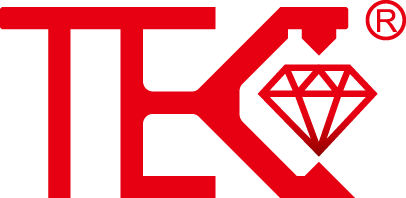What's the precise control of magnetostrictive level gauges in food storage tanks?
In the highly regulated food industry, precise liquid level measurement isn't just about operational efficiency—it's about maintaining product quality, safety, and compliance. Magnetostrictive level gauges have emerged as the gold standard for food storage applications, offering unparalleled accuracy that traditional float gauges and pressure transmitters simply cannot match. These sophisticated instruments utilize magnetostrictive technology to deliver continuous, non-contact measurement with exceptional repeatability, making them indispensable for modern food processing facilities where every millimeter of measurement translates to significant value.
How Magnetostrictive Technology Achieves Unmatched Precision
The secret behind magnetostrictive level gauges' extraordinary accuracy lies in their unique operating principle. A magnetic float, strategically positioned on the measuring rod, moves with the liquid surface. When a current pulse is sent through the waveguide wire, it interacts with the float's magnetic field to create a torsional stress wave. The system precisely measures the time delay between pulse transmission and wave return, calculating the float position with astonishing accuracy up to ±0.5mm. This time-domain reflectometry method eliminates mechanical linkages and potential points of failure, ensuring consistent performance even in challenging conditions where temperature fluctuations and product viscosity variations would compromise conventional measurement technologies.
Critical Applications in Food Storage and Processing
The precision of magnetostrictive level gauges proves particularly valuable in food storage tanks where inventory management directly impacts profitability and operational efficiency. These instruments provide real-time data for batch processing, blending operations, and custody transfer applications. In dairy storage, breweries, and edible oil tanks, they ensure optimal ingredient ratios by maintaining precise level control. For temperature-sensitive products like chocolate or specialty fats, the accurate level data helps prevent overfilling and potential product loss. The technology's reliability makes it equally suitable for CIP (Cleaning-in-Place) systems where precise chemical concentration monitoring is crucial for effective sanitation cycles.
Hygienic Design and Compliance with Food Safety Standards
Food-grade magnetostrictive level gauges are engineered with hygienic requirements as a primary consideration. Constructed from 316L stainless steel or other FDA-compliant materials, they feature polished surfaces with Ra≤0.8μm to prevent bacterial harborage and facilitate easy cleaning. The designs typically incorporate full-drainage capabilities and eliminate dead spaces where product could accumulate. Most industrial-grade magnetostrictive gauges carry relevant certifications including 3-A Sanitary Standards, EHEDG compliance, and ATEX ratings for explosive environments, ensuring they meet the rigorous demands of food processing facilities while maintaining measurement precision under strict hygienic conditions.
Temperature Compensation and Environmental Stability
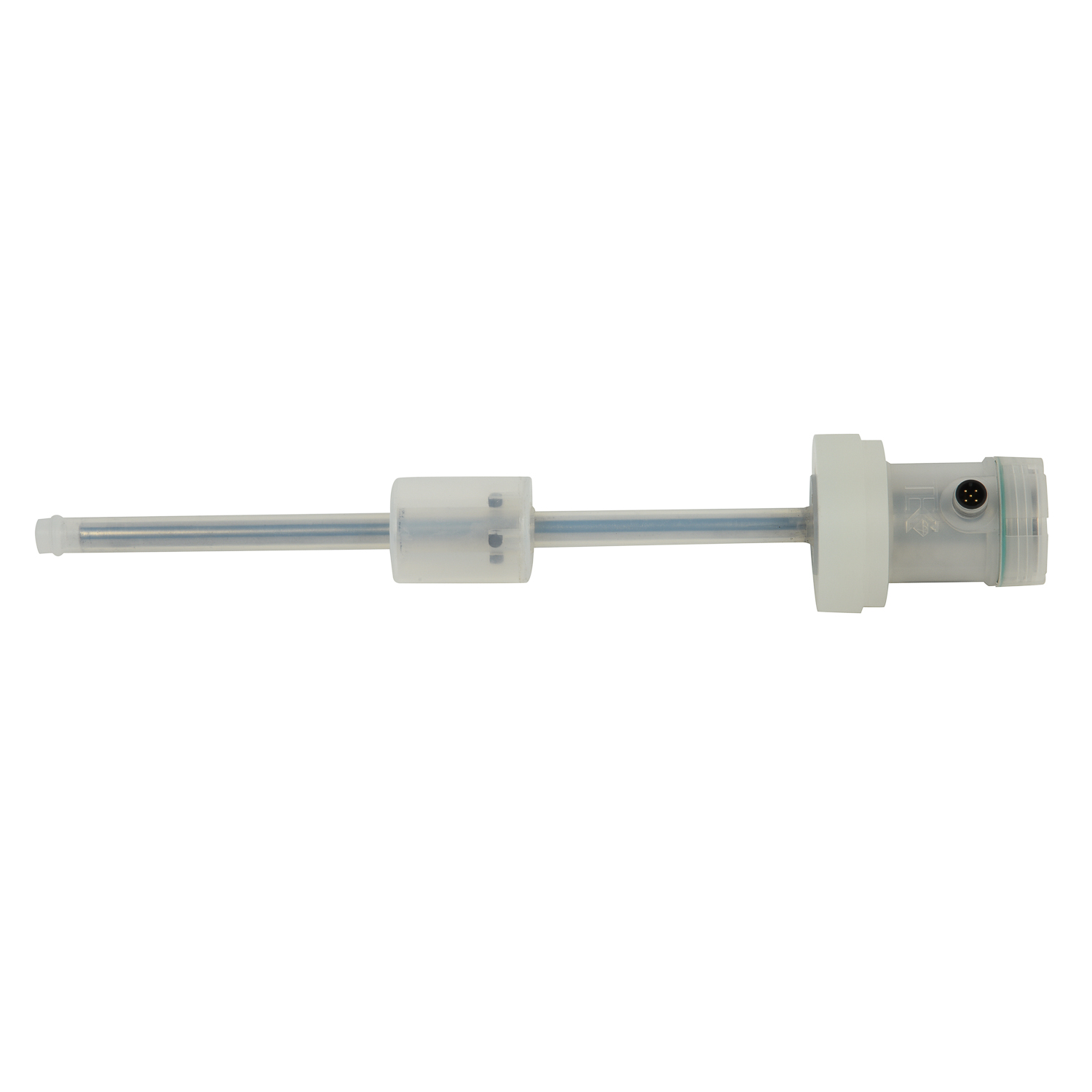
Food storage environments present significant challenges with temperature variations that can affect measurement accuracy. Advanced magnetostrictive level gauges incorporate sophisticated temperature compensation algorithms that counteract the effects of thermal expansion on the waveguide. This ensures consistent performance across the operational temperature range from cryogenic applications to high-temperature processing tanks. The hermetically sealed electronics and robust construction withstand cleaning chemicals, steam, and pressure variations without compromising the integrity of measurements, providing reliable data through production cycles, cleaning procedures, and seasonal temperature changes.
Integration with Inventory Management and Control Systems
The true value of precise level measurement emerges when integrated with broader control systems. Modern magnetostrictive gauges feature multiple communication protocols including 4-20mA analog signals, HART, Profibus, and Foundation Fieldbus, enabling seamless integration with PLCs and SCADA systems. This integration allows for automated inventory tracking, predictive maintenance scheduling, and real-time quality control. The high-resolution data supports advanced analytics for consumption pattern recognition, waste reduction initiatives, and optimized ordering processes, transforming basic level measurement into a strategic asset for food storage management.
Maintenance Considerations for Long-Term Accuracy
While magnetostrictive level gauges are renowned for their reliability and minimal maintenance requirements, certain practices ensure sustained precision. Regular verification checks against manual measurements help confirm ongoing accuracy. The non-contact measurement principle means there are no wearing parts in direct contact with the process media, significantly extending service intervals. However, periodic inspection of the float mechanism for potential buildup and verification of electronic calibration are recommended, particularly in applications with products prone to crystallization or sedimentation that might affect float movement.
Future Trends in Precision Level Measurement for Food Industry
The evolution of magnetostrictive technology continues to address emerging needs in food storage. Smart diagnostics now enable predictive maintenance by monitoring performance parameters and alerting operators to potential issues before they affect accuracy. Wireless-enabled devices are reducing installation costs while providing greater flexibility in data access. Enhanced materials are being developed to withstand increasingly aggressive cleaning chemicals and specialized food products. As Industry 4.0 transforms food manufacturing, magnetostrictive level gauges are evolving into intelligent sensors that contribute not just measurement data, but actionable insights for process optimization and quality enhancement.
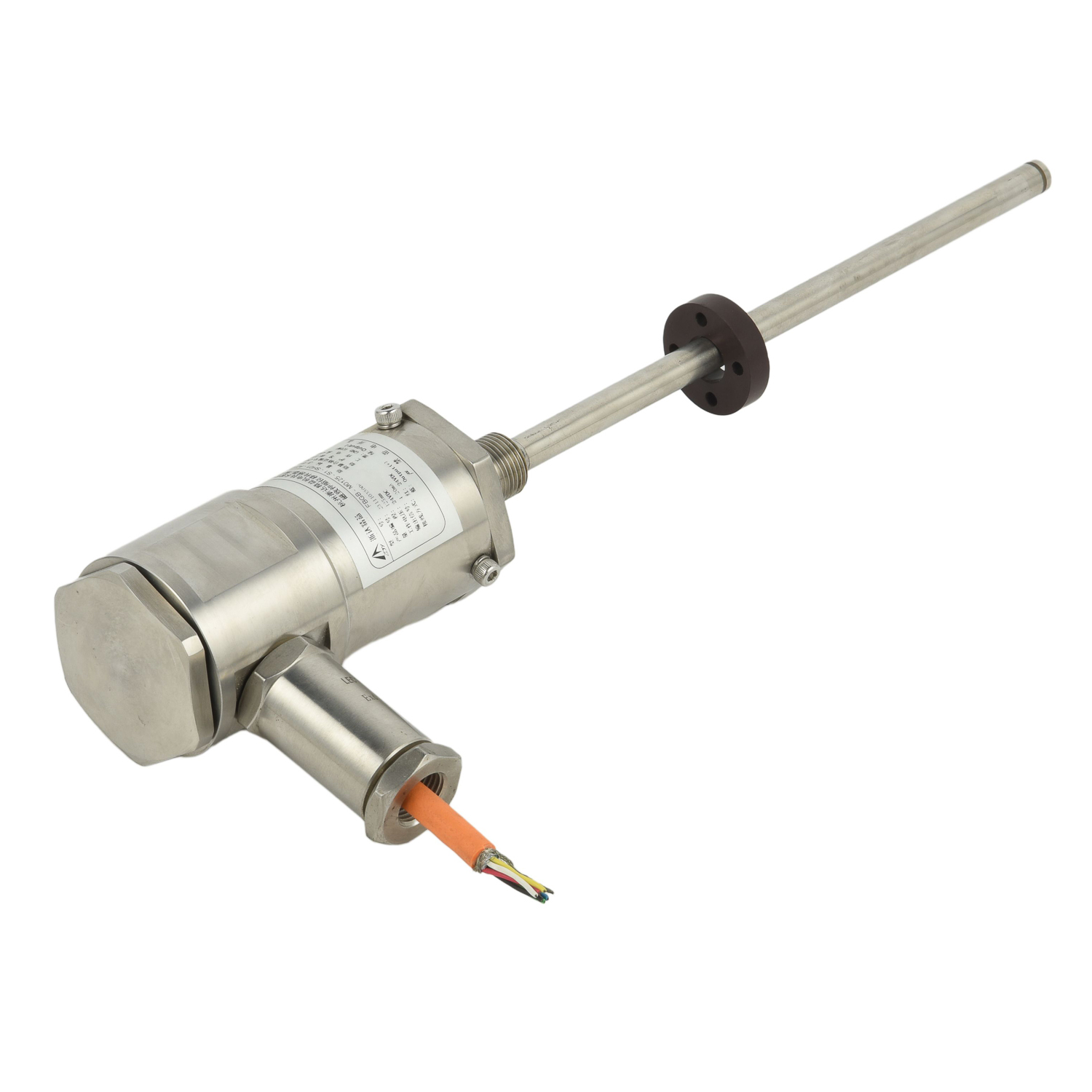 UpgradingYourLevelMeasurementS
UpgradingYourLevelMeasurementS
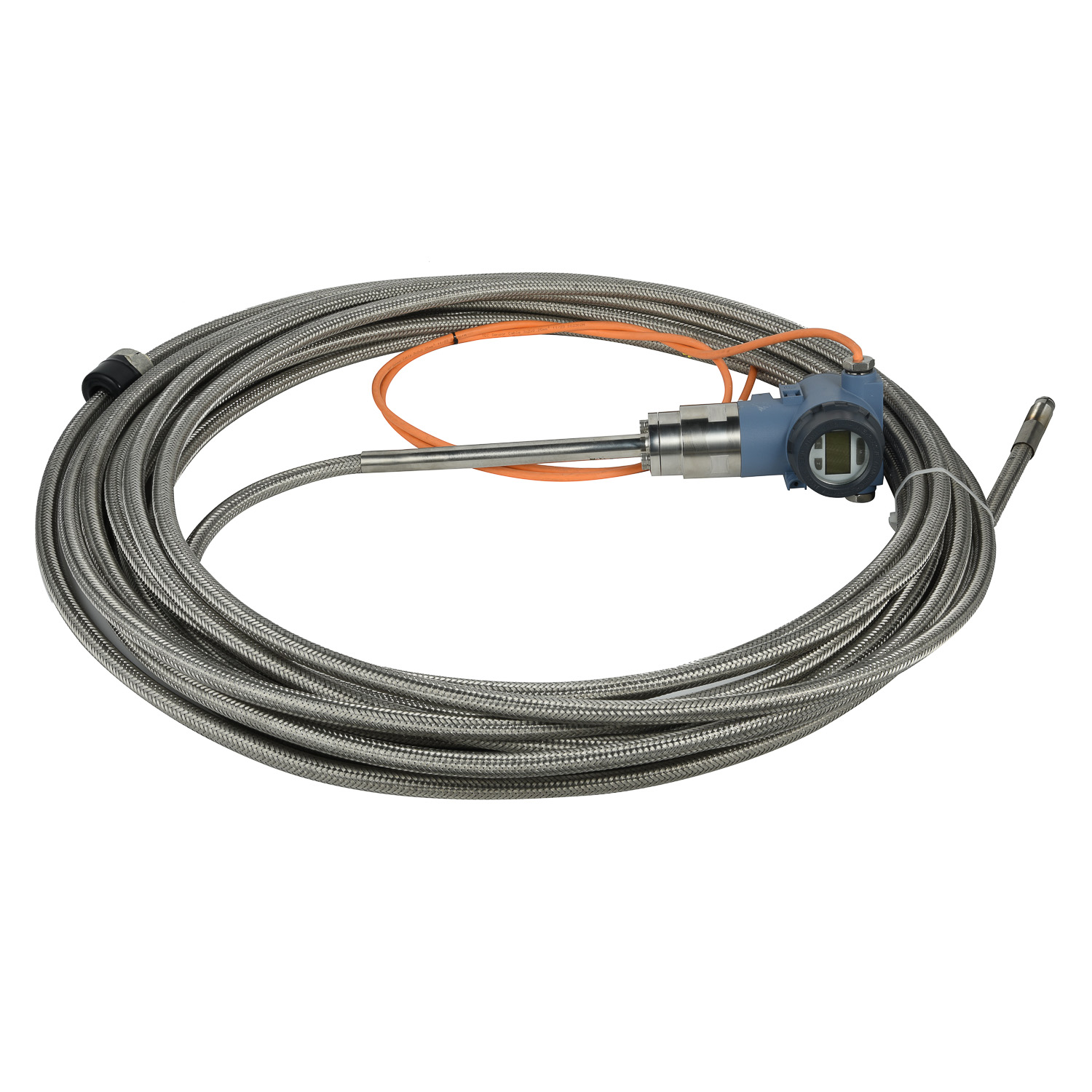 Why are magnetostrictive level
Why are magnetostrictive level
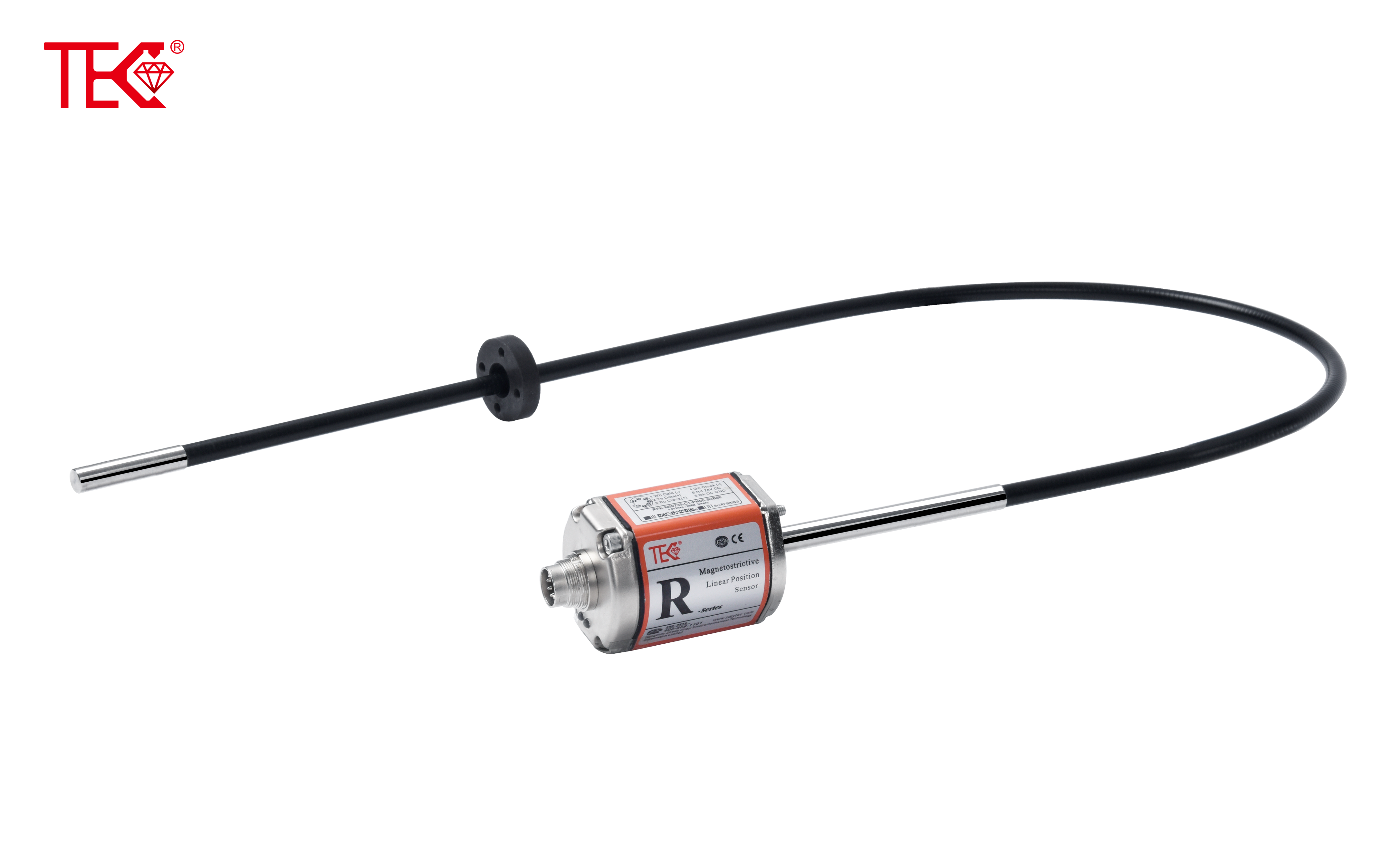 ComparingMagnetostrictiveandRa
ComparingMagnetostrictiveandRa
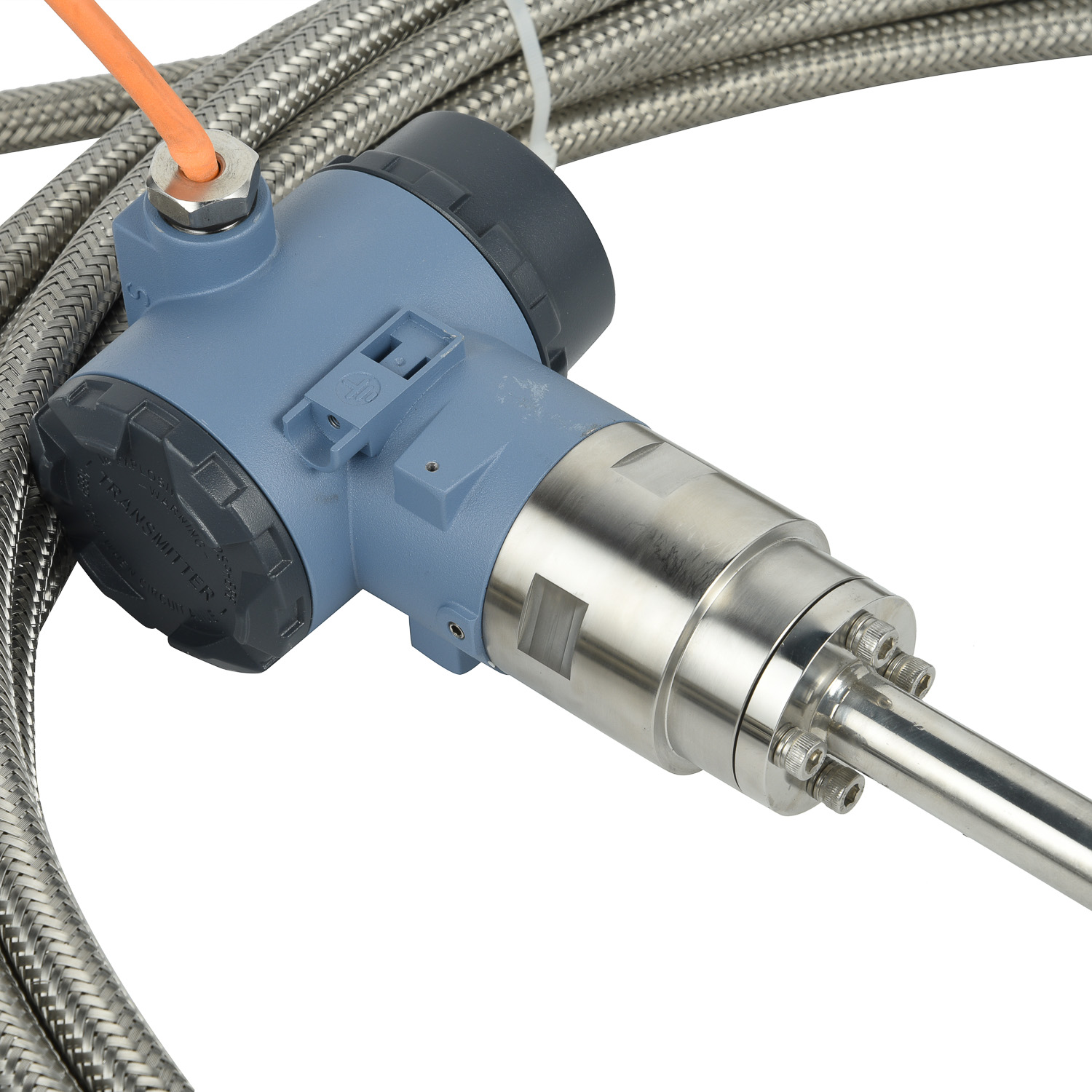 MagnetostrictiveLevelSensorfor
MagnetostrictiveLevelSensorfor
